What’s Up Above? April Stargazing
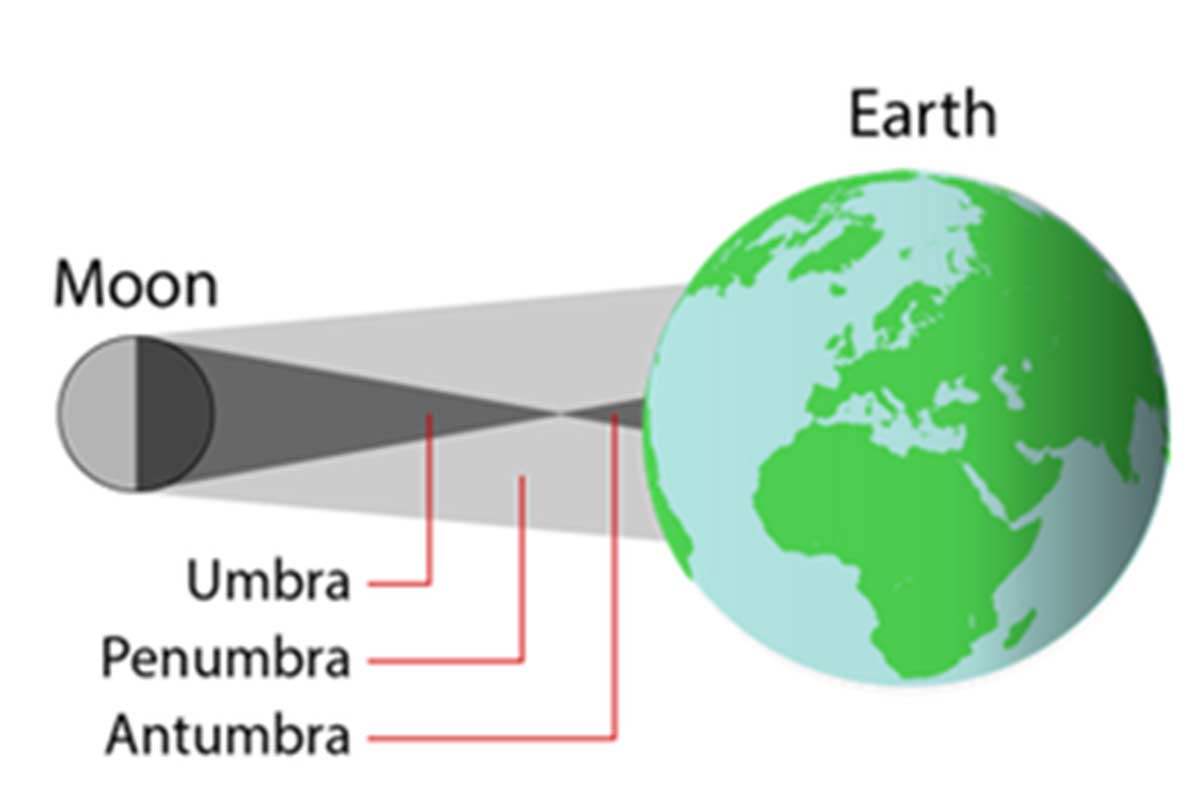
George Harrison wrote prophetically, “little darling, it’s been a long cold lonely winter.” For some, spring announces and marks the end of loneliness and the arrival of cherry blossoms, tulips and crocus extended green thumbs, all heralding a season of renewal and rebirth. Winter is over. Yet, for us folks living in the high country,…
What’s Up Above? March Stargazing
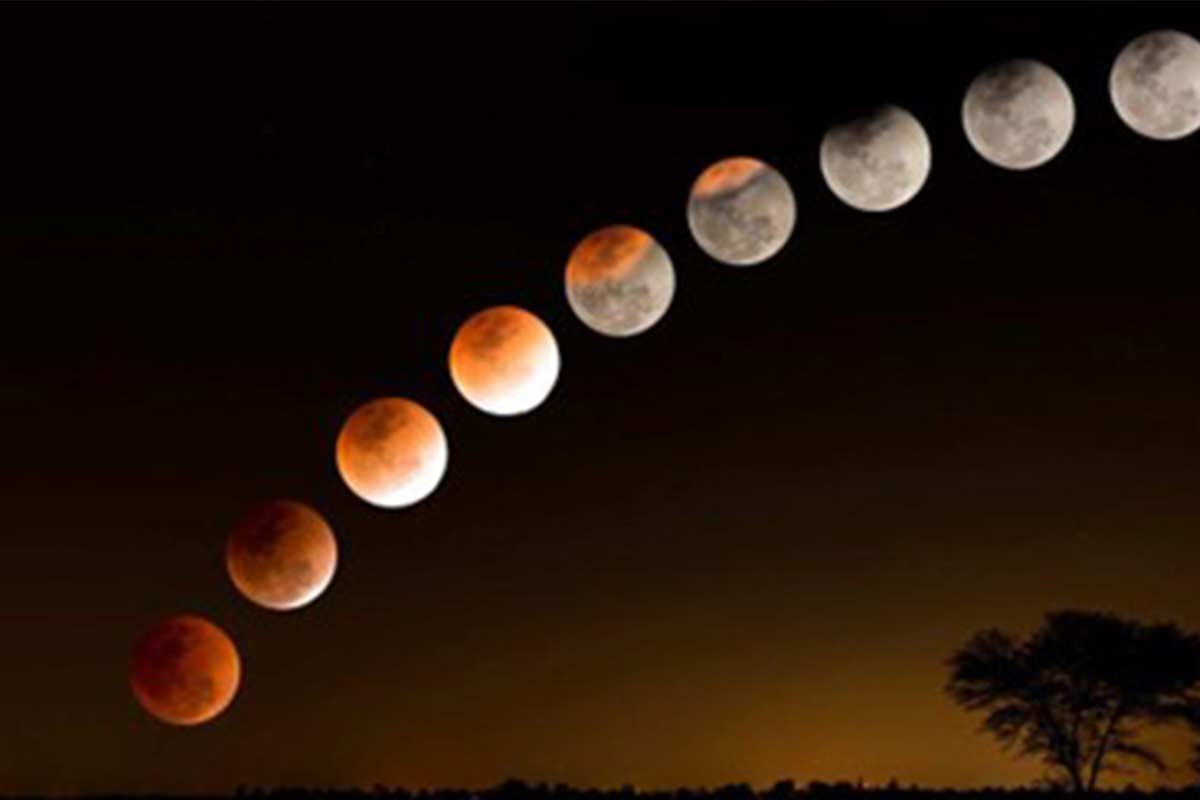
I’ll admit it, stargazing is difficult in winter. Especially in February. Even the hardiest hesitate. A crystal clear, cloudless night, dark as motor oil, still beckons you, however. Resolve rises inside and you bundle up.
What’s Up Above? February Stargazing
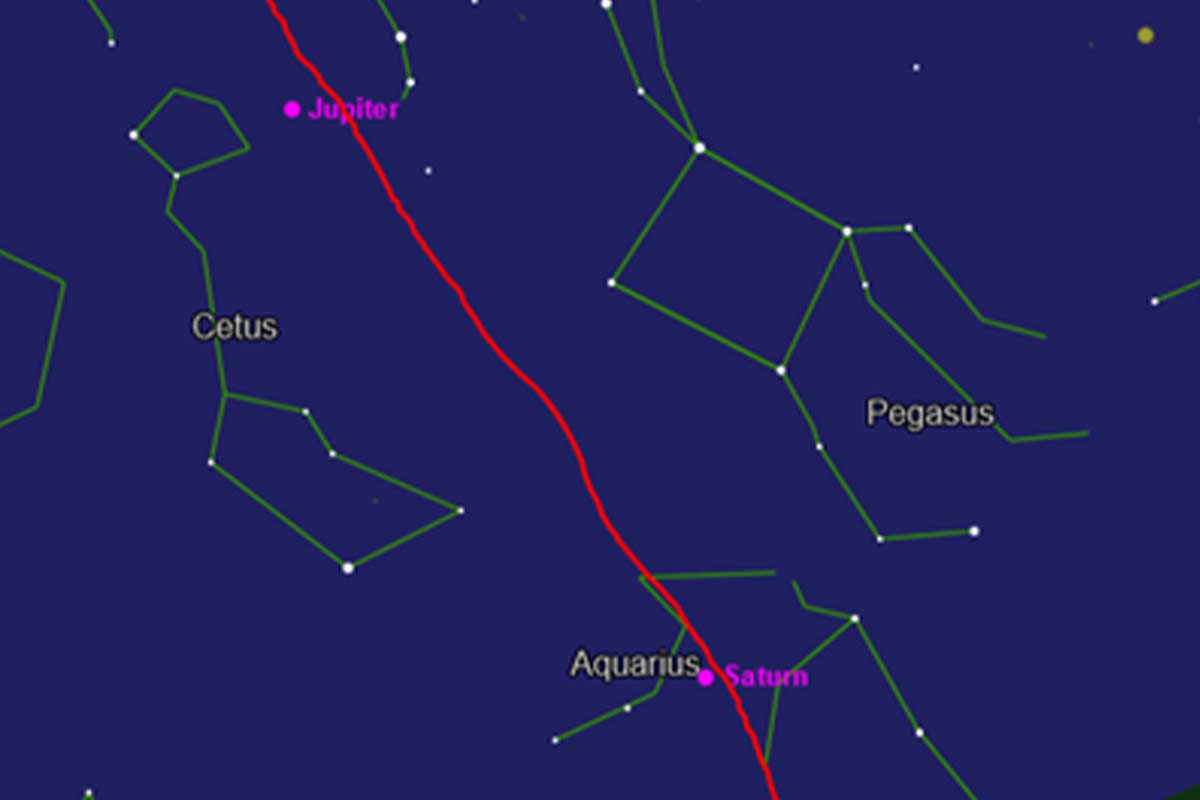
I’ll admit it, stargazing is difficult in winter. Especially in February. Even the hardiest hesitate. A crystal clear, cloudless night, dark as motor oil, still beckons you, however. Resolve rises inside and you bundle up.
What’s Up Above? January Stargazing
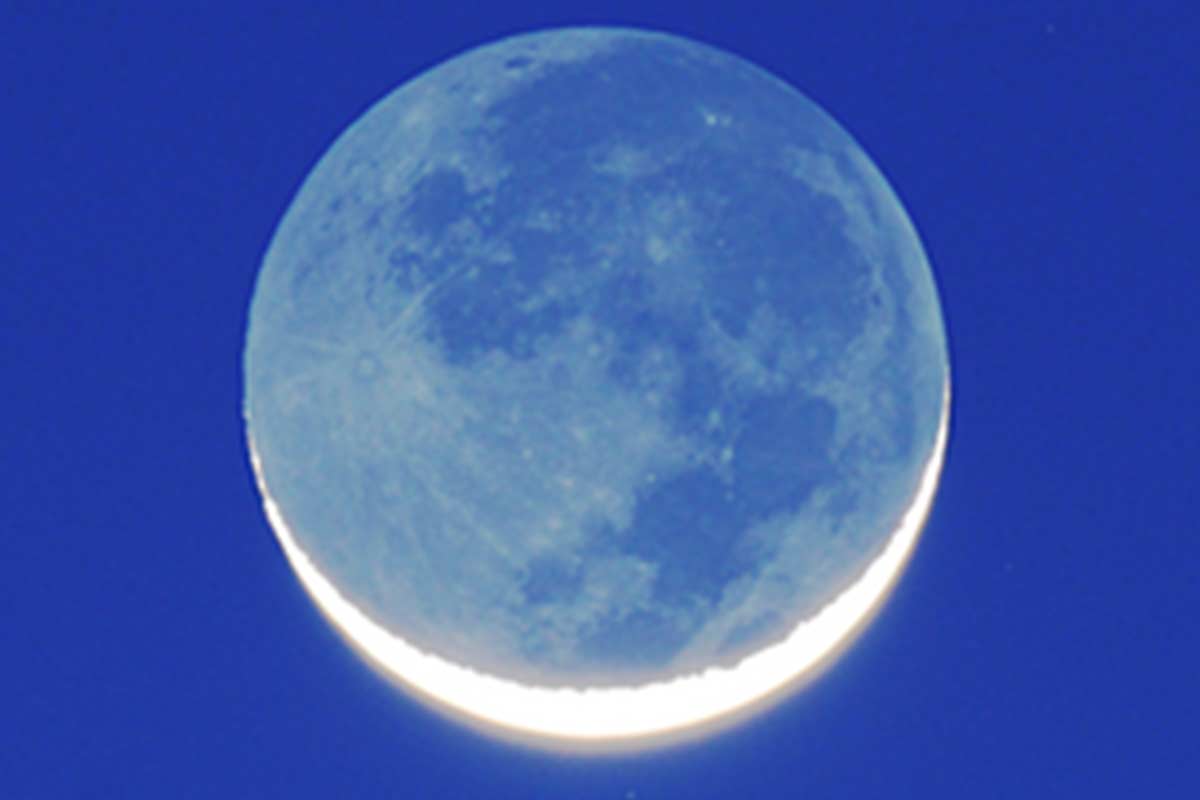
Winter is here. Notwithstanding the fact that since the passing of the winter solstice in late December, and the indiscriminate increasing length of daylight, by approximately one minute per day, the northern hemisphere days remain short with nights that stay deep and long.
What’s Up Above? December Stargazing
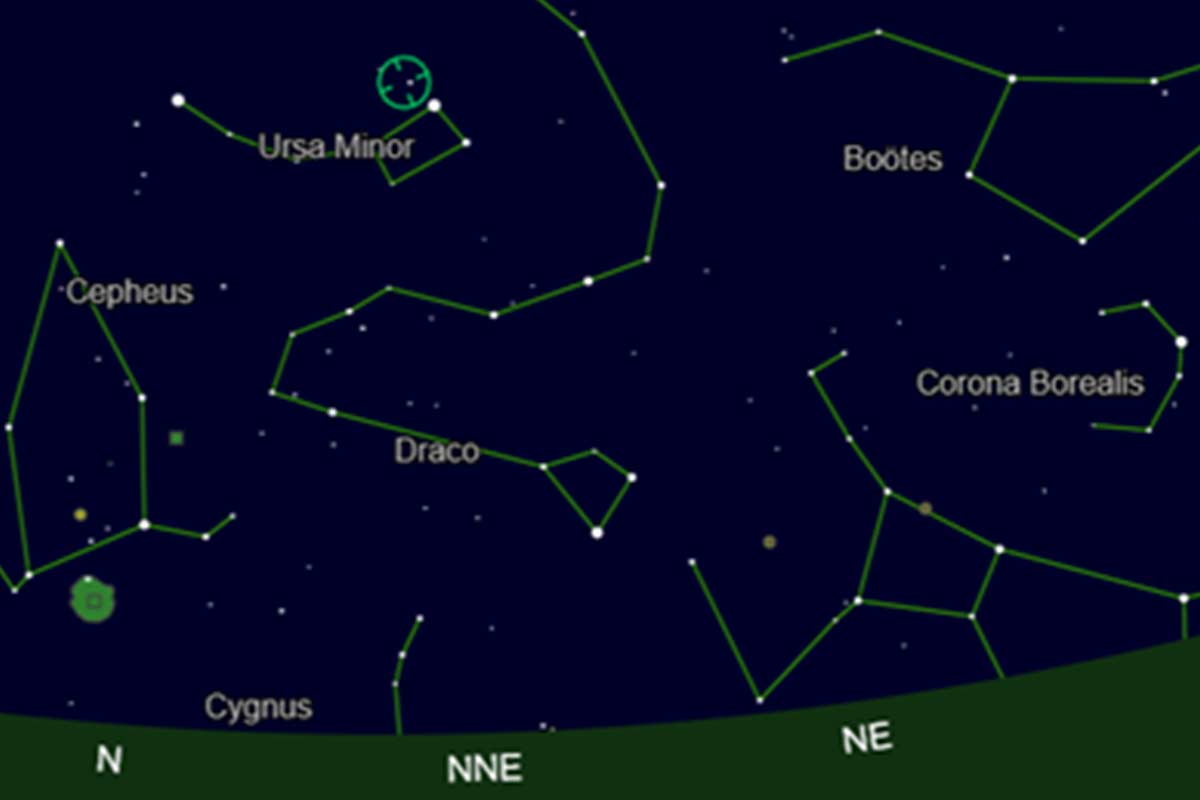
Winter is here. In all fullness the shortest day and the longest night arrives on December 21st. Those living in the northern hemisphere at the dawn of humanity saw the autumnal Sun continue to fall in the sky in fear it would not return. The end was near. Yet, the winter solstice took place and…
What’s Up Above? November Stargazing
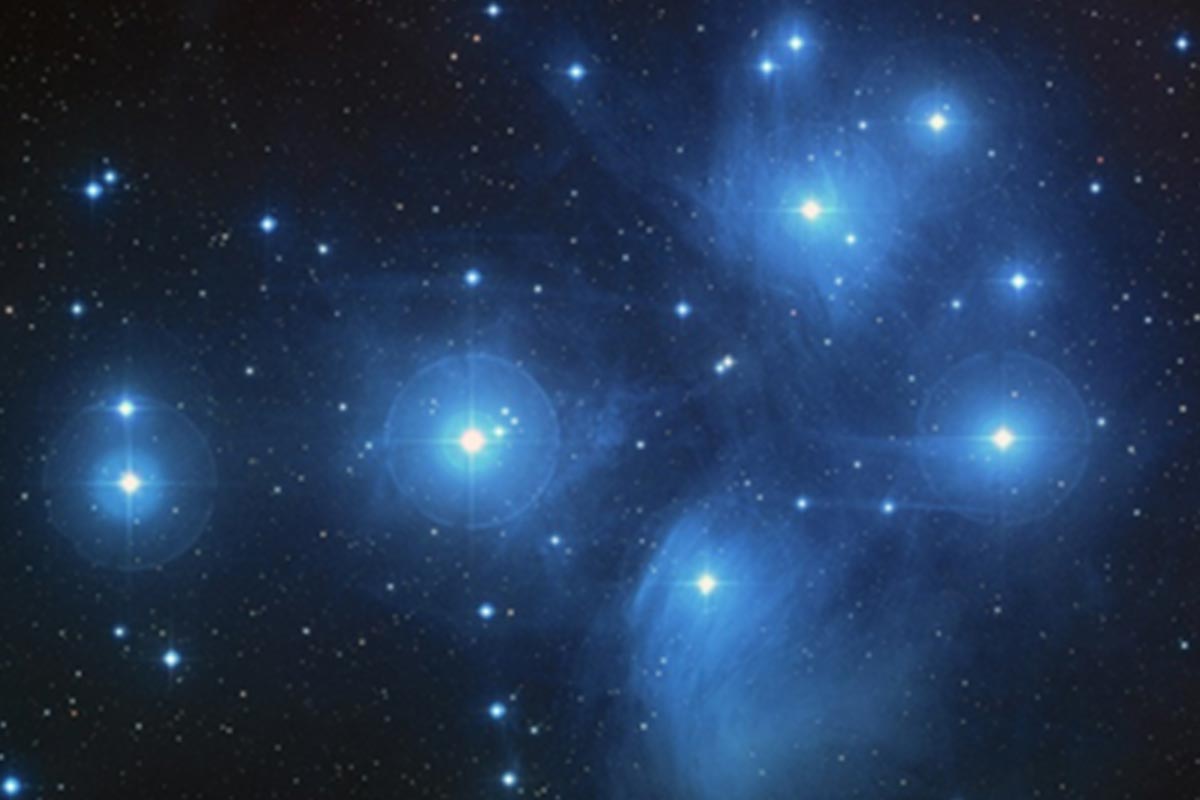
By “Astro” Mark Laurin Used with permission. November is a yin and yang month for stargazers in the northern hemisphere. Daylight Saving Time concludes Nov. 5th, so the sun now sets around 5:00pm. That gives us additional time (and darkness) for stargazing. The spectacular winter constellations begin to rise in the east at a more…
Astro Mark’s Astro Alert: What’s Up Above? April Stargazing
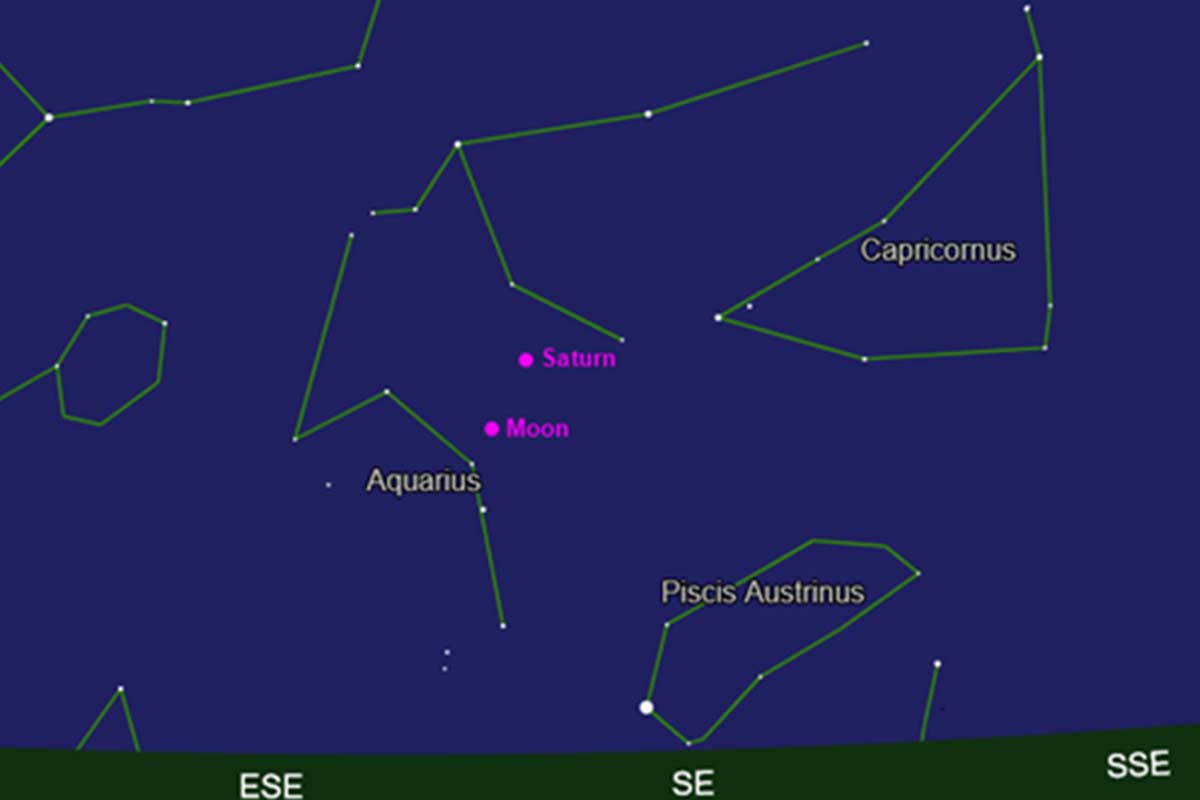
By “Astro” Mark Laurin George Harrison wrote prophetically, “little darling, it’s been a long cold lonely winter.” For some, spring announces marks the end of loneliness and the arrival of cherry blossoms, tulips extending green thumbs, and suggestions of a renewal in patches of lawn. Winter is over. Yet, for us folks living in the…
Astro Mark’s Astro Alert: What’s Up Above? March Stargazing
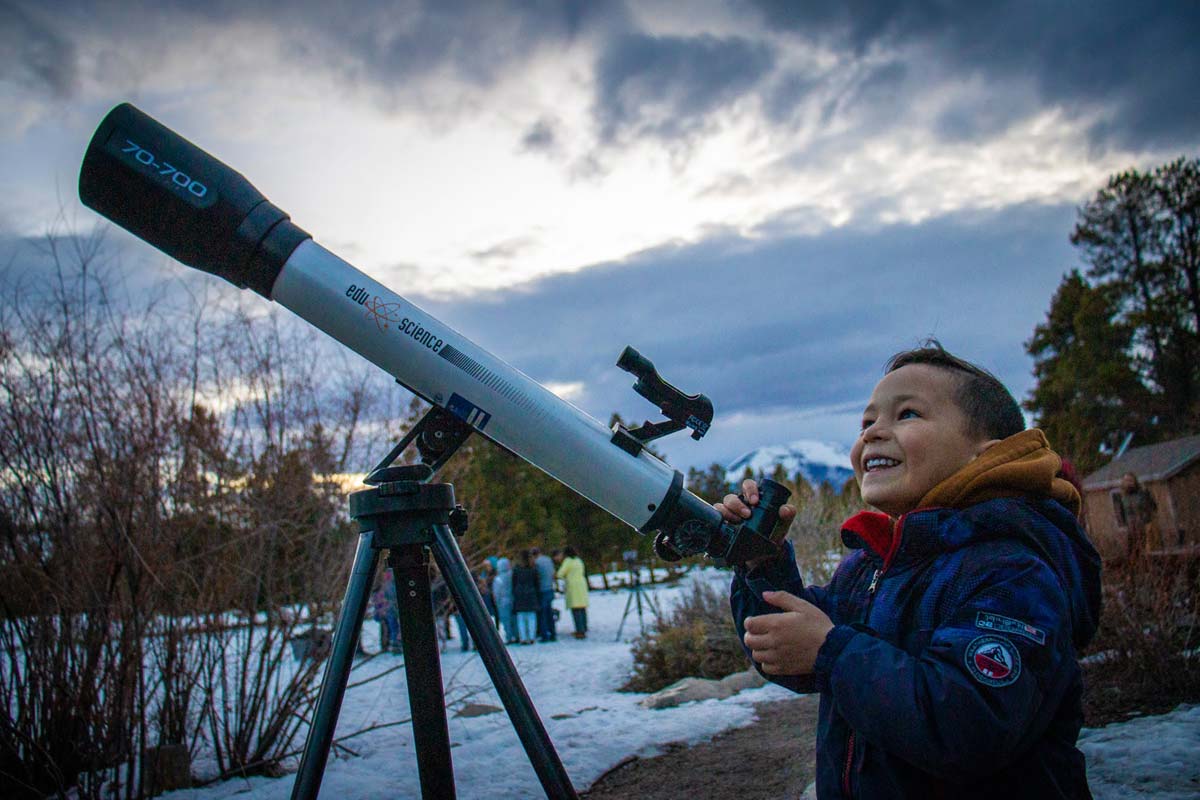
By “Astro” Mark Laurin The night sky in March is different. More of a feeling type of difference, than a celestial difference. March is a month of transition for the celestial dome overhead. Most significant is the vernal equinox, the transition from winter to spring. The returning Sun rides its ecliptic path noticeably higher in…
Astro Mark’s Astro Alert: What’s Up Above? February Stargazing

By “Astro” Mark Laurin I’ll admit it, stargazing is difficult in winter. Especially in February. Even the hardiest hesitate. A crystal clear, cloudless night, dark as motor oil, still beckons you, however. Resolve rises inside and you bundle up. Just a quick step outside and a fast glancing about for a few moments, you say…
Astro Mark’s Astro Alert: What’s Up Above? January Stargazing
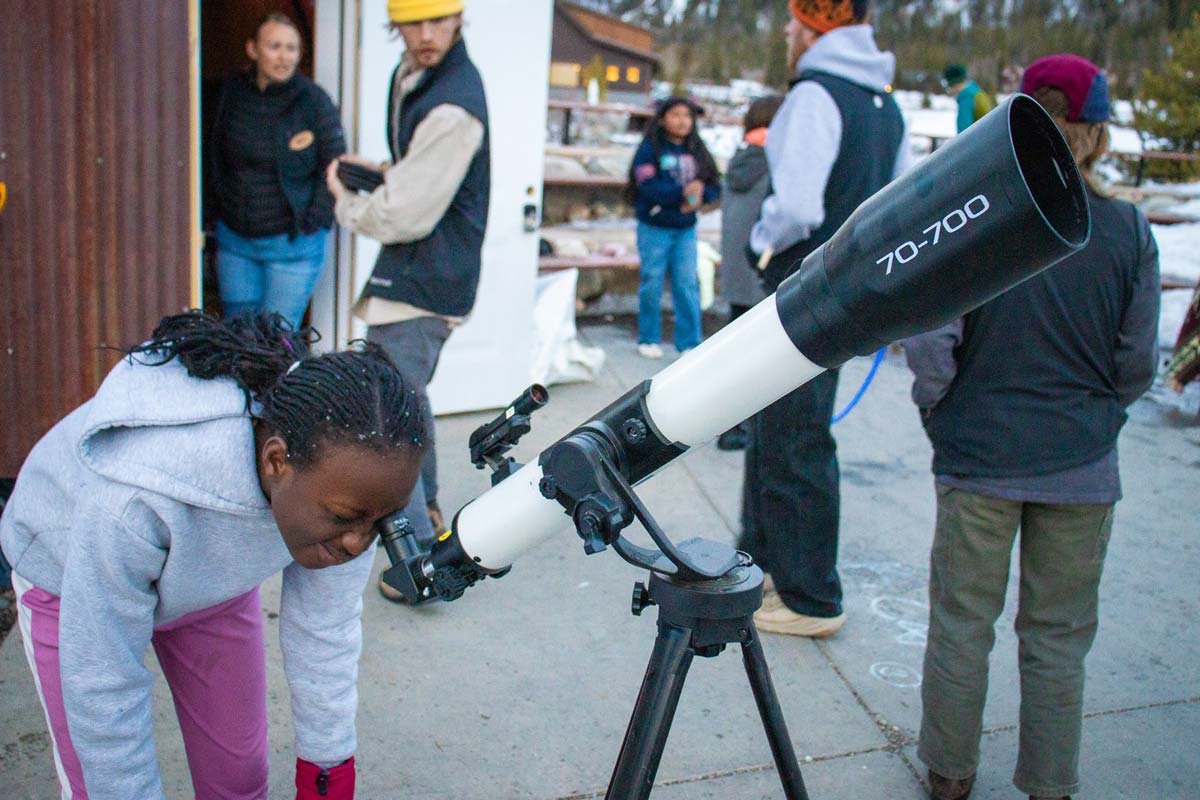
By “Astro” Mark Laurin Winter is here. Notwithstanding the fact that since the passing of the winter solstice in late December, and the indiscriminate increasing length of daylight, the days in the northern hemisphere remain short with nights that stay deep and long. The chilly irony of winter is that while the months of January,…